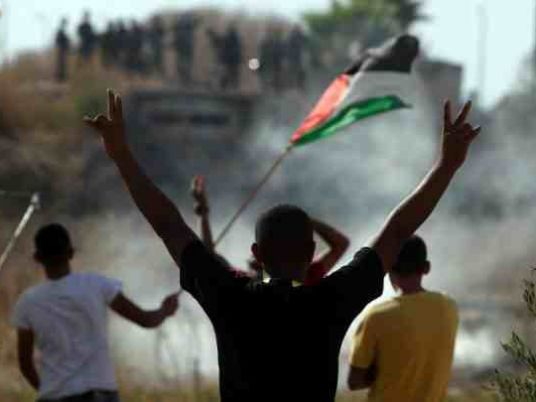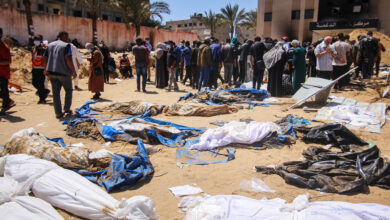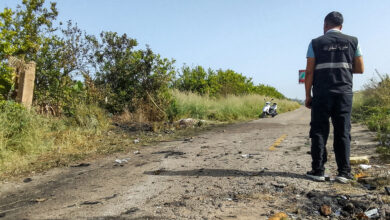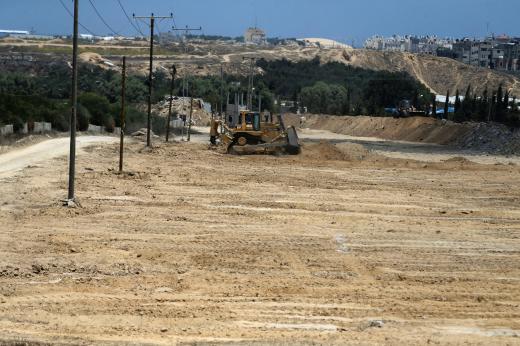
Palestinians escalated the pace of stabbing attacks in the Jerusalem area on Monday and Israeli police shot dead two of the alleged assailants in the worst spell of street violence for years.
Four Israelis and 25 Palestinians, including seven alleged assailants and eight children, have died in 12 days of bloodshed, stirred in part by Muslim anger over increasing Jewish visits to the al-Aqsa mosque compound in Jerusalem.
In the space of one hour, Israeli police said a knife-wielding Palestinian woman wounded a paramilitary border policeman in central Jerusalem and two men carried out stabbings that injured two Israelis, one of them critically, in Pisgat Zeev on the northern edge of the city.
The woman was shot and wounded. Israeli police said one of the assailants in Pisgat Zeev, built on occupied land that Israel annexed to Jerusalem after the 1967 Middle East war, was shot and killed and the other was injured.
Hours earlier, a border policeman shot dead a Palestinian who police said tried to stab him, according to Israeli police. The account was disputed by a Palestinian passerby, who said he witnessed the incident and saw no knife.
Near-daily stabbings have raised speculation Palestinians could be embarking on another uprising, or intifada as they call it, reflecting a new generation's frustrations over their veteran leadership's failure to achieve statehood in peace efforts with Israel that collapsed in 2014.
Monday's bloodshed followed the deployment of 2,000 police reinforcements in Jerusalem, but Israeli leaders have said they have no quick fix against largely "lone wolf" assaults.
The violence has spread from Jerusalem and the Israeli-occupied West Bank to Israel's interior and Hamas-ruled Gaza.
Muslim anger has been stoked by increasing visits made over the past year by Jewish groups and right-wing Israeli lawmakers to the al-Aqsa mosque compound. Located in Jerusalem's walled Old City, it is Islam's third holiest site and is also revered by Jews as the site of two destroyed biblical temples.
Israel has said it has no intention of allowing any change to the status quo at the compound, which Jews are allowed to visit but where non-Muslim prayer is banned.



